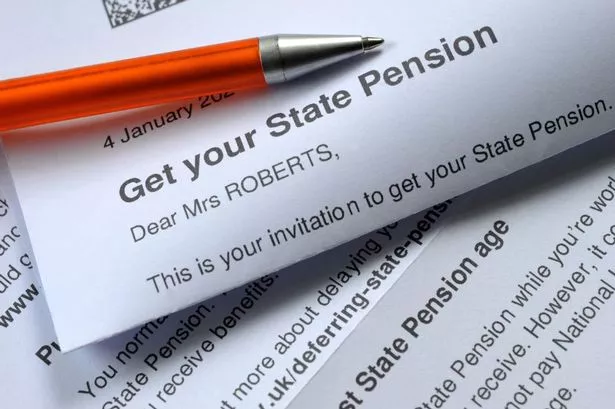Thousands of UK pensioners living overseas may be entitled to compensation following changes in State Pension policy, the Department for Work and Pensions (DWP) has announced.
The department is now urging affected individuals to come forward and make a claim, particularly those impacted by the removal of the Adult Dependency Increase (ADI) benefit.
What Was the Adult Dependency Increase?
The Adult Dependency Increase (ADI) was an additional payment available under the UK’s State Pension system. It provided extra financial support to pensioners with a spouse or partner under State Pension age who was financially dependent on them.
This benefit was phased out and officially ended on 6 April 2020, but many pensioners—particularly those residing outside Great Britain—may not have been properly informed of the change or how it would impact their income.
Who Is Eligible for Compensation?

The DWP acknowledges that many pensioners living abroad between 6 April 2010 and 6 April 2020 could have been adversely affected by the removal of the ADI. In particular, the government admits that communication efforts may have been insufficient for expatriate pensioners, potentially leading to confusion or financial hardship.
Eligible individuals are those who:
- Lived outside Great Britain during the stated 10-year period
- Relied on ADI payments as part of their overall State Pension income
- Did not receive adequate notice about the policy change
If you or someone you know falls into this category, the DWP encourages immediate contact with the International Pension Centre (IPC) to assess eligibility and initiate the claims process.
How to Make a Compensation Claim
Claimants can reach out to the International Pension Centre either by phone or through the official GOV.UK website. The centre handles inquiries and services related to UK State Pensions for people living abroad.
You’ll need to provide personal details including:
- Your National Insurance number
- Dates of residency abroad
- Details about your State Pension and ADI benefits
The DWP has not set a strict deadline for claims, but affected pensioners are advised to act quickly to avoid potential delays in processing.
Broader Issues: The Frozen Pension Controversy
The announcement comes amid renewed scrutiny of the UK’s “frozen pensions” policy—a separate but related issue that affects over 480,000 British pensioners living in countries without a reciprocal pension agreement with the UK.
These pensioners do not receive annual increases to their State Pension, resulting in a frozen rate that does not keep pace with inflation or cost of living. For example, a 99-year-old British war veteran living in Canada has been receiving the same amount for 23 years, despite decades of contributions to the National Insurance system.
Critics argue that both the ADI removal and frozen pensions reflect a broader trend of neglect toward pensioners abroad, many of whom are vulnerable or dependent on fixed incomes.
The International Consortium of British Pensioners and other advocacy groups continue to call for legislative reforms, citing fairness and equality for all UK retirees, regardless of residence.

Why This Matters
This compensation offer by the DWP is not just a financial opportunity; it’s also a recognition of past missteps in communication and policy implementation. Many pensioners were left unaware of critical changes that impacted their financial wellbeing.
As a result, organisations such as Age UK and Citizens Advice recommend that pensioners living abroad stay updated on benefits through trusted sources like:
Additionally, those planning to retire abroad or currently residing overseas should regularly consult the International Pension Centre for up-to-date information on their entitlements.
This article has been carefully fact-checked by our editorial team to ensure accuracy and eliminate any misleading information. We are committed to maintaining the highest standards of integrity in our content.

Deepak Grover is a dedicated content writer at OTE News, specializing in government affairs, public policy, and current events. With a keen eye for detail and a passion for factual reporting, he ensures readers receive accurate and insightful news. Deepak holds a degree in Political Science and has experience in research-driven journalism.
When not writing, he enjoys reading historical books, exploring hiking trails, and staying updated with global political trends. His commitment to ethical journalism makes him a trusted voice at OTE News.




